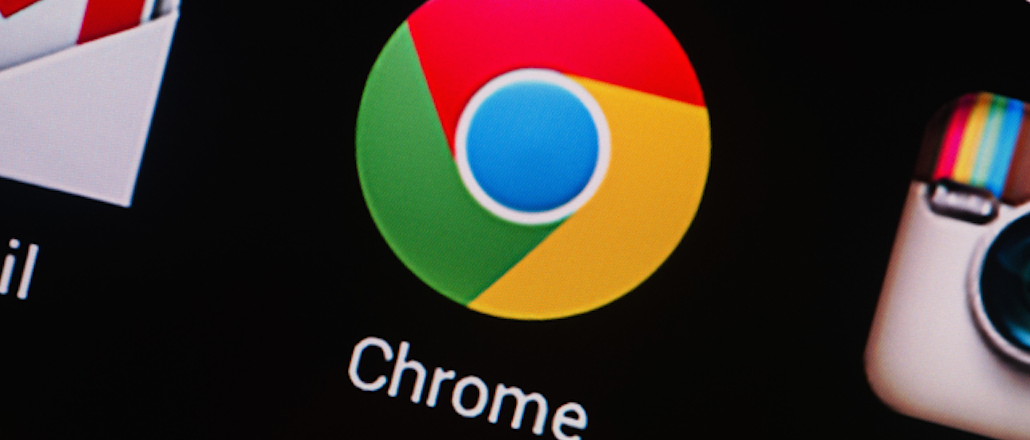Why Business Insider built a desktop-only Chrome extension

Business Insider’s latest bid for readers’ attention begins in their Google Chrome tabs. The Axel Springer-owned publisher launched its first Google Chrome extension Wednesday, designed to give desktop internet users a chance to get a snapshot of what’s just been published on the site.
Here’s how it works: After readers install the extension on their computer’s browsers, every new tab they open won’t just have Google’s homepage. Instead, it will feature nine tiles of content, including one dedicated to video, another that provides a stock market snapshot via Markets Insider, and seven additional tiles of the most recent stories published on the site. The tiles update in real time, with the video tab housing the most recent video that B.I. has published, and the articles all pulled from the most recent.
“BI’s all about what you need to know,” said Thomas Greaney, the general manager of Markets Insider and the leader behind the extension product. “It’s about being concise.”
Chrome extensions are by no means a new thing for publishers: Startups like Currently and Roost began building them for publishers including The Guardian and USA Today as early as 2010. And while updates to Chrome, Firefox and other browsers have changed the way publishers use browsers, extensions haven’t completely fallen out of favor. Earlier this year, the German publisher Bild, one of B.I.’s sister publications, launched a Chrome extension to give its readers news and real-time updates during the European Championships, an app that continues to drive regular traffic to the site. (Axel-owned Buzz Technologies built both extensions.) “This is something we know works,” Greaney said.
The same could be said for desktop. While it might not be the sexiest source of traffic, it’s a meaningful, and growing, one for BI. A full 40 percent of its total audience – 21 million people – comes from desktops, and their overall share of BI’s audience is slightly up, year over year, from 39 percent in 2015, according to comScore data.
About 55 percent of those folks use Chrome browsers, and Greaney said BI plans to target them directly. In the first quarter of next year, Chrome users who haven’t installed the extension will be greeted with an invitation to install it when they visit. “This is something we intend to promote over the long term,” he said.
B.I.’s extension is desktop-only because, for the moment at least, all Chrome extensions are desktop-only. It’s also a strict traffic play, for the moment; all of the content pushed onto readers’ browsers will be editorial.
B.I. unveils its extension at a moment where notifications have become an area of intense focus for publishers: The race for readers’ attention, particularly on their mobile devices, is becoming a tragedy of the commons.
That mobile screen bottleneck was one of the reasons BI went desktop first – “We were looking to do something a little different,” Greaney said – but it’s also motivated by the fact that it’s also making inroads on mobile in other ways. At the end of August, it launched on LINE, where it’s amassed over 600,000 readers. A separate chatbot, built for Facebook Messenger, boasts a 20 percent clickthrough rate (the company does not break out audience numbers).
More in Media

In Graphic Detail: The scale of the challenge facing publishers, politicians eager to damage Google’s adland dominance
Last year was a blowout ad revenue year for Google, despite challenges from several quarters.

Why Walmart is basically a tech company now
The retail giant joined the Nasdaq exchange, also home to technology companies like Amazon, in December.

The Athletic invests in live blogs, video to insulate sports coverage from AI scraping
As the Super Bowl and Winter Olympics collide, The Athletic is leaning into live blogs and video to keeps fans locked in, and AI bots at bay.








